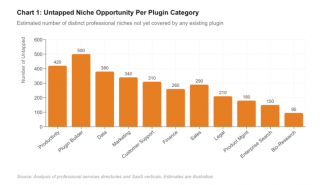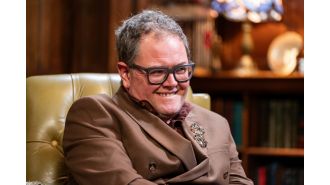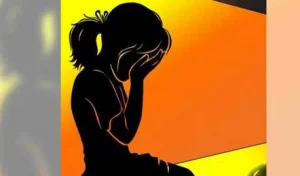Keir Starmer's popularity declines only 6 weeks after election.
Labour's initial period of success may be reaching its conclusion.

According to a recent poll, it seems that the British public is starting to have mixed feelings about Sir Keir Starmer and his Labour cabinet, only six weeks after they came into power. It seems that since the election on July 4th, the prime minister's approval rating has dropped from a positive seven to a neutral zero, with an equal number of people having a favorable and unfavorable view of him.
The poll, conducted by Ipsos between August 9th and 12th, also found that a majority of Brits (52%) feel that the country is headed in the wrong direction, compared to only 22% who believe that it is on the road to success. While the prime minister's approval rating may have decreased, he still remains the most popular politician in the poll, with a net rating of zero, which is considerably better than Chancellor Rishi Sunak's rating of minus 10 at the same point in his tenure. Unfortunately for Sunak, his approval rating has continued to decline and is now at a low of minus 38.
As for Starmer's cabinet colleagues, their approval ratings are not much to write home about either. Deputy Prime Minister Angela Rayner has a net approval rating of minus three, while Home Secretary Yvette Cooper and Chancellor Rachel Reeves have ratings of minus five and minus eight, respectively.
In terms of specific numbers, the poll found that 38% of respondents had a favorable view of Starmer, while the same percentage had an unfavorable view. For Reeves, 27% had a favorable view and 35% had an unfavorable view, while Rayner had a 33% favorable and 37% unfavorable rating. Similarly, Cooper had a 28% favorable and 33% unfavorable rating, and Sunak had a 20% favorable and 58% unfavorable rating. The least known politician in the poll, Sir Ed Davey, had a 22% favorable and 31% unfavorable rating.
Gideon Skinner, senior director of UK politics at Ipsos, noted that Starmer's ratings are better than both Boris Johnson and Rishi Sunak's two months into their tenure as prime minister. However, he also pointed out that there is a slight increase in public criticism of Labour, the prime minister, and other key cabinet ministers this month. He also highlighted the importance of addressing the public's pessimism about the state of the country in the long term.
It's no surprise that Starmer hasn't had much time to relax in his first few weeks as prime minister. In fact, the Ipsos poll was conducted during a time when the UK was experiencing widespread riots, which may have influenced people's perceptions of the country's direction. A YouGov poll conducted during the peak of the riots found that nearly half of respondents believed that Starmer was handling the situation poorly, while only 31% thought he was doing well. However, a more recent Opinium poll for the Observer showed a more positive response, with 43% approving of the government's handling of the riots and 30% disapproving.
Several major events have occurred since July 4th that may have impacted public opinion of Starmer, such as the first Labour King's Speech in 14 years and his decision to remove the whip from seven MPs who voted against the government in a vote over the two-child benefit cap. It's unclear what exactly has led some voters to lose their enthusiasm for Starmer and his government, but it's not uncommon for approval ratings to decrease after a leader or party takes power. Only time will tell if the Labour cabinet can regain the support of the British public and address their concerns about the direction of the country.
1 Views










